You can use a comprehensive service to find unclaimed money from past accounts or employment. You could have many different reasons to have unclaimed funds; we’ll review various ways your money becomes tied up and look at the steps you can take to reclaim your money.
Where do unclaimed funds come from?
One common source of unclaimed funds arises when a federally insured (FDIC) bank or credit union closes; all open accounts must be refunded within FDIC limits. If your account is so old that no forwarding address is on file with the bank or the post office, your unclaimed money must be held in deposit by the government until you file the necessary paperwork to claim it.
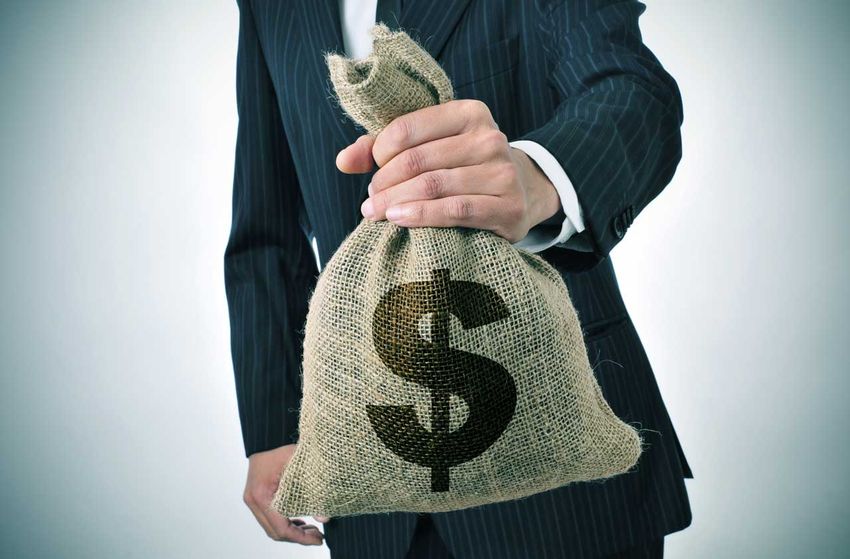
source:kiplinger.com
Perhaps someone in your family had you listed as a beneficiary for a life insurance policy or pension plan and you didn’t realize it. There are various databases for these unclaimed funds, including the Department of Veterans Affairs, the National Association of Unclaimed Property, and several other sites. Because it can be overwhelming to search all sites separately, and you might not be aware of other sites, it’s extremely convenient to use a service such as Go Look Up to instantly search multiple databases at once.

source:kiplinger.com
Other kinds of unclaimed funds include back pay, payment resulting from a legal settlement (these can take several years to finalize), deposits for utility accounts, insurance policy payouts, lost stocks, bonds, or unpaid dividends, unpaid gift card balances, and more. Keep in mind, if you were the legal beneficiary for a loved one who is deceased, you can also perform this search for their unclaimed property as well.
How do I recover my money?
In many cases, once you have performed a search and identified a promising claim, you’ll need to create a login at the organization’s website. Before you input any information, make sure you see the “secure” site icon and you recognize the site address and certificate as a government or official organization’s valid website. Some organizations have an online claim form, while others require a paper form to be completed and returned.
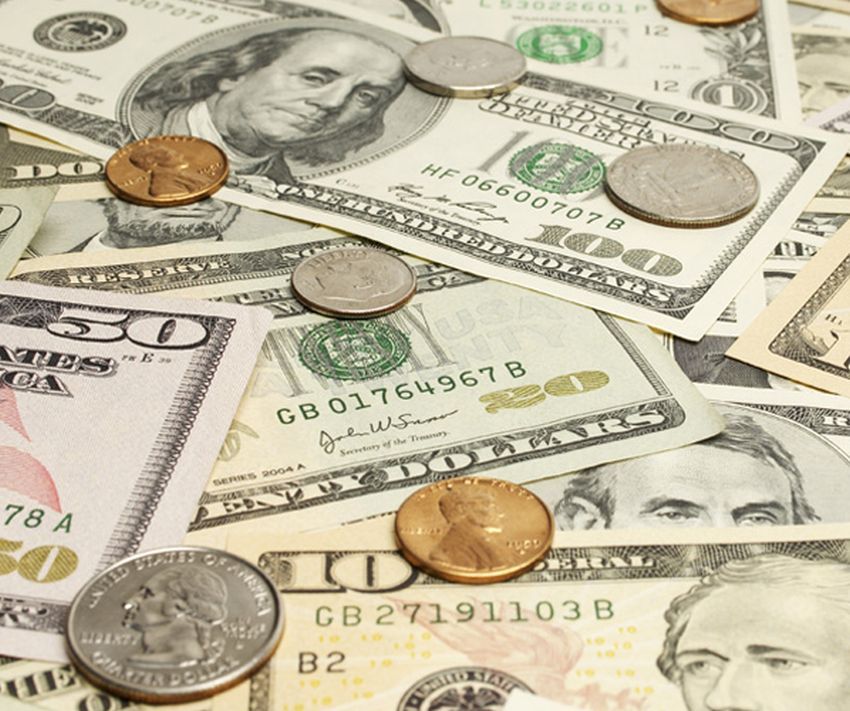
source:usa.gov
Always be wary of scammers; anyone asking you to send money to receive money is likely a scammer. No legitimate institution or holding company will request your credit card information or ask that you send them money for shipping or a “finder’s fee” to release your funds. Review the information about government impostor scams here before you proceed any further.
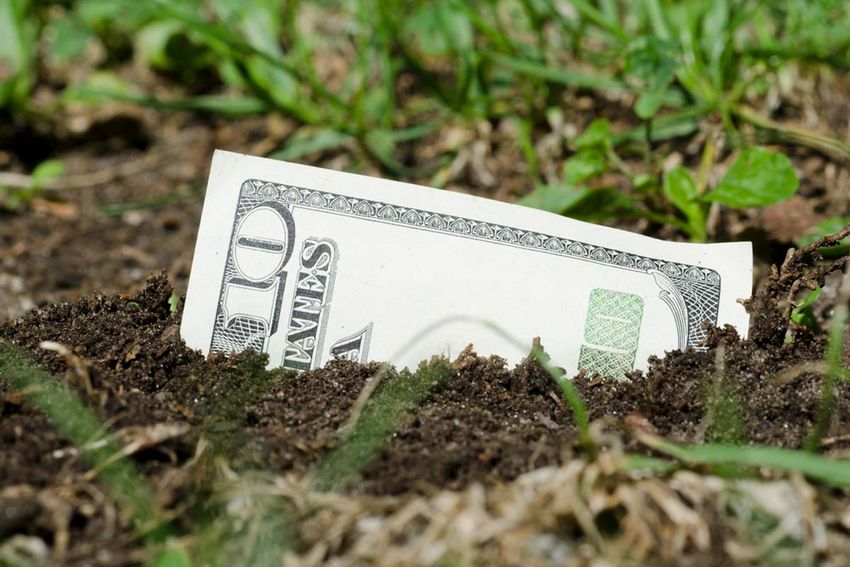
source:kiplinger.com
Once you have submitted your information and signed any required forms, your claim will then be reviewed and researched to ensure the money will be going to the correct person. Again, ensure any communications are coming from or going back to the correct recipient rather than a third party or unrecognized email, and whenever possible, avoid phishing scams by logging into the government system to provide information or reply instead.
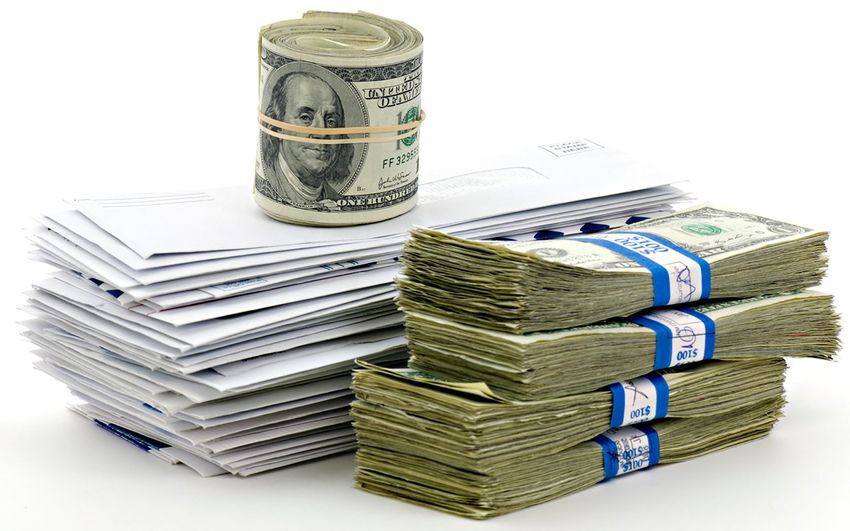
source:kiplinger.com
…and now we wait…
Claims processing can take several weeks to several months, and you might be asked to submit extra clarifying information or paperwork. Keep all refund paperwork for your tax preparer to determine whether any taxes must be paid on the added income when tax season rolls around again.
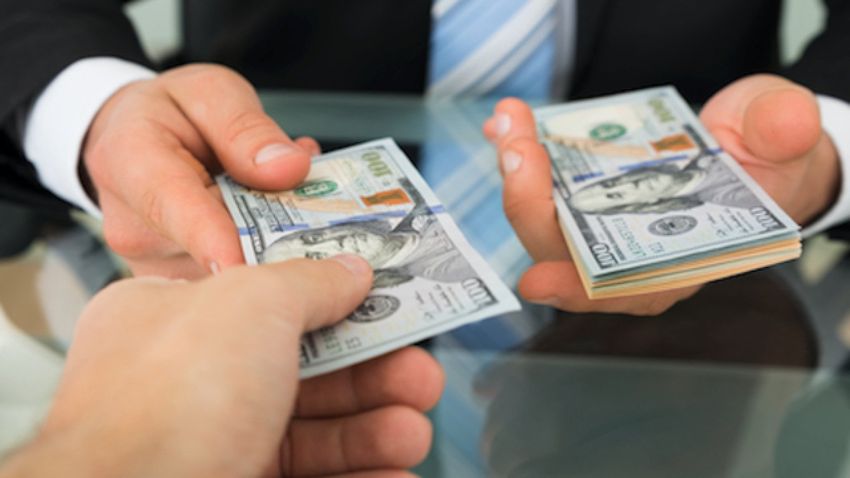
source:kiplinger.com
Once you’ve mastered the process, feel free to help friends or relatives do the same; unclaimed money getting dusty in a government account somewhere doesn’t help you or the economy. According to Florida’s CFO, Jimmy Patronis, more than $655 Million in unclaimed funds are in Miami-Dade and Broward counties alone. Where is your unclaimed money hiding?





